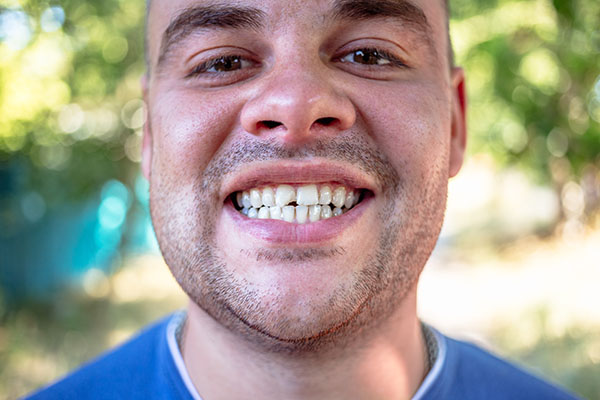How an Endodontist Can Save Your Tooth

When there are issues with a tooth involving the roots, it is helpful to visit a dental professional known as an endodontist. Specializing in saving the natural tooth whenever possible, this type of dental specialist is typically called upon to treat teeth that have become dislodged or require a root canal. Here are some of the ways an endodontist can save a tooth.
Common concerns treated by an endodontist
While most people will not need to visit this type of dentist on a regular basis, an urgent need such as a dislodged or severely infected tooth can necessitate an appointment with an endodontic professional.
Restoring dislodged teeth
When intense force or trauma is applied to a tooth, as in the case of a hard fall to the ground or a blow to the face, a tooth can become dislodged. This can both cause pain and make the mouth susceptible to infection. Depending on the location of the tooth, it may also cause difficulty speaking or chewing, and even embarrassment. The good news is an endodontist is able to save the tooth in many cases.
As long as the tooth has not sustained too much damage and the patient is free from periodontal disease, this dental specialist can place the natural tooth back in the socket and splint it to the adjoining teeth. This allows the tooth to remain stabilized while the bone heals. The splint can usually be removed after about six weeks. Restoring the natural tooth is typically preferred over inserting an implant of some sort.
Removing infection from diseased teeth
When a tooth decays significantly, the enamel on the outside of the tooth is worn away and the pulp and nerves inside can be exposed. This makes the tooth vulnerable to infection. Once the infection reaches the inside of the tooth, it can spread rapidly and do permanent damage to the entire tooth. An endodontist may be able to save the tooth by performing a root canal.
This procedure involves removing the infected parts of the tooth to save the remaining healthy parts. The dental professional starts with a small file and takes out the diseased areas towards the surface, then increases the size of the file as the decayed tooth is cleared out. Once all the infection is gone, the space is rinsed with water, and medication can be put inside the tooth to eliminate any remaining bacteria. Especially in cases of extreme decay or infection, an endodontist may need to place a crown over the remaining natural tooth to guard against future disease.
Conclusion
In most cases, an endodontist is able to save teeth even if they have become infected or dislodged. In these situations, it can be wise to schedule an appointment with this type of dentist as quickly as possible to minimize the damage to the tooth. Keeping the natural teeth is preferable to getting dental restorations, so make the appointment a priority.
Request an appointment here: https://www.endosp.com or call Endodontic Specialists, PC at (402) 401-7777 for an appointment in our Omaha office.
Check out what others are saying about our services on Yelp: Endodontist in Omaha, NE.
Related Posts
With the advent of digital radiography, patients can now see their dental X-rays almost immediately when they are with the endodontist. X-rays enable the endodontist to see inside the tooth and determine whether your tooth requires endodontic therapy to solve its issues. Continue reading to know what the dentist will check for in an X-ray…
Going to see the endodontist may cause you to feel some anxiety and nervousness. This is normal, as many people are apprehensive about going to the dentist’s office. But you can take comfort to know that this dental professional has the knowledge and training to treat serious tooth pain. This includes chipped teeth. There are…
An endodontist is a dentist specializing in tooth pain and disease affecting the interior of the tooth. They have completed advanced training, which allows them to diagnose and treat tooth pain. The discomfort is generally a sign that a person may have a damaged or infected tooth. The pain could be due to tooth decay…
Root canal surgery, otherwise referred to as an apicoectomy, is performed by a dentist, endodontist or oral surgeon after the pulp located inside of a tooth’s root becomes infected. Infected tooth pulp can be a serious concern that causes pain and sensitivity in the patient and can worsen if left untreated.By fully understanding what root…


